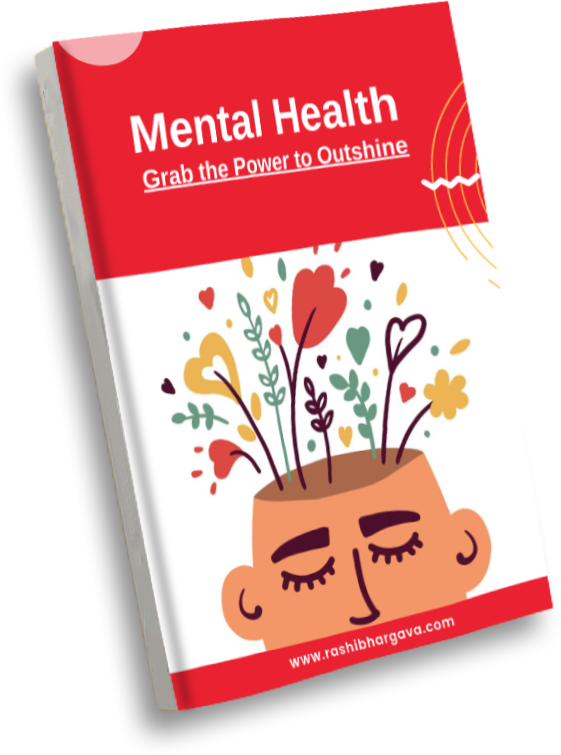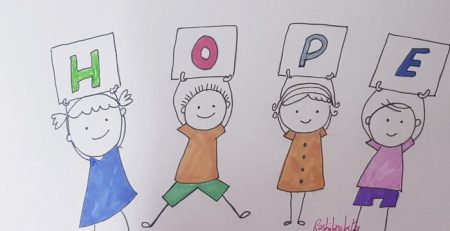In pursuit of True Friendship. But What is true friendship?
All of us want to be surrounded by good people. All of us want to have true friends. With friendship day around the corner like many subjective questions my therapist keeps throwing at me to reflect, this is one question that has been rattling inside my brain for some time.
We have enough research data available stating the health benefits of Friendship. Research says that friends are any day better than any drug/medicine or anti-aging supplements. If there are so many benefits that, why do we struggle to find true friends especially as we grow old and move up in life and graduate towards different phases of our lives. We find it challenging to find good friends.
Today, friendship has become more important than any other relationship. The warmth and companionship that a true friend can provide is unmatched. Each one of us wishes to have true friends with whom we could have meaningful conversations, share our burdens. People whom we can call on our bad days and we will know they will not judge, and they will care. But not all of us are that lucky? Does luck play a role?
What does true friendship look like? What kinds of different friendships are there? First, I will explore friendship from secular world. Sharing from my recent read. According to Stoic philosophy, the human tribe has established three different types of friendships.
Friendships of Utility. The first layer of friendship that humans usually build is a friendship of utility. This is a relationship where there is a transparent exchange of value.
Example: Client relationship like between financial adviser and their clients
These people aren’t exactly friends in the current sense of the word, but they are a necessary baseline relationship in society. The mutual value assumed from the interaction creates a situation where you both, for the time being, share a common ground, will get along, and converse. These relationships are shallow at best but create an important connection throughout a community.
Friendships of Pleasure. This is a friendship that has moved beyond mutual value, to shared enjoyment in some way. You may not get anything directly from the person you are around, but they are there with you, enjoying the same thing you enjoy, and so you come together under that commonality. Examples of Friends of Pleasure could be:
Drinking friends
Running friends
These friendships are still shallow and are subject to change at the slightest provocation.
These might be your “fair weather” friends or the people that are around when life is easy and fun but are not worth counting on to be there for you in a crisis.
Friendships of The Good. These are your best friends, your “ride or die” people. The friends that you have a deep connection with and can have a truly engaging conversation. With these friends, there’s no assumption or obligation of a good time. They genuinely care about your well-being and will enjoy spending time in your presence, always wanting what is best for you.
In the minds of the Stoics, this is the only group that deserves the title of Friend. These glorious people are rare, and these relationships usually must be cultivated from either a utility or pleasure based friendship.
So, What Determines a True Friend?
The Stoic philosopher, Aristotle’s, framework makes this pretty clear. A true friendship is one that is not based on utility or pleasure, but rather mutual respect, admiration, and gratitude of the other person. This type of friendship is one that must grow over time. Utility and pleasure are temporary, and any relationship built on such a weak foundation is doomed to fall. Think about how many romantic relationships fail before they ever really start since they are often predicated on the temporary nature of utility or pleasure.
A true friendship is built on shared principles and shared virtues. This is the kind of friendship that can become stronger with time. And this is what all of us search for.
But the question remains how I do we get true friends especially in fast paced world where there is cut-throat competition, and we are juggling different roles and are always in fire fighting mode. After all relationships of any kind need time and nurturing. Who has the time to invest in friendship?
This is where I got my answer from my Buddhist practice. Friendship depends upon you. It’s your attitude that is important, not the other person’s. Rather than searching for true friends become a True friend first. Pray to become a big-hearted person who knows how to forgive and forget and pray to be a good friend.
Before you blame the world or luck for not having true friends. Ask yourself the following questions:
How can I become a source of happiness?
How can I bring joy into the lives of people in my environment?
How can I spread hope?
How can I help people in my environment deal with sorrows?
How can I add value to the lives of people in my environment?
Become this person and see the magic unfold. The sincerity will shine and attract people from across. And you will no longer be in pursuit of true friendship.
Before I end, will share my reflections on “What does it mean to be a true friend”?
1. Always be there, even in silence. Mere presence at times is important. When Mom was battling for her life in ICU, my friends rallied around me, and they were phone call away to lend me emotional and financial support.
2. Be kind and listen. Be fun and light.
3. Guide each other in times of need with your honest opinions.
4. A true friend is someone who always listens and is genuinely interested in the good and bad, and someone who calls or writes just to say hello.
5. A true friend tries his best to cheer you up when you are upset and makes you feel special. Its basic human need to be loved and appreciated.
6. Try and improve their life through your friendship.
7. Be who you truly are, be that vulnerable, and provide the other person the space, safety and choice to do the same.
8. Be genuinely happy when they get, receive, or achieve something you truly desire.
9. Be loyal and forgive but above all: love and respect.
10. Accept the person as they are, as an individual, without conditions. Also, as important as it is for you to be there for them, sometimes you have to be willing to let them be there for you.
11. A true friend always supports the person but doesn’t feel compelled to support the situation. A true friend knows how and when to say the firm, “No.”
12. Help yourself and those closest to you grow. To live means to grow, and a true friend is someone that you can honestly say has helped define you as an individual.
13. Celebrate the wins and be there to support the losses. Keep your word and acknowledge it when you don’t.
14. Don’t hold grudges over petty disagreements.
15. Show up! You can pretend to care but you cannot pretend to show up.
16. Don’t let your own stuff get in the way. The ego is powerful.
17. Know someone’s least admirable characteristics and still love and support them. We all have our imperfections and quirks. Respect and love the differences.
I can say I have been blessed with several “true” friends across age groups. Men and women that have believed in the person I was, as well as the person I could be. Through life’s up and downs, grief, crippling anxiety, career-jeopardizing inaction, these people have never wavered. I will always be eternally grateful to God for giving me such beautiful relationships.








Leave a Reply